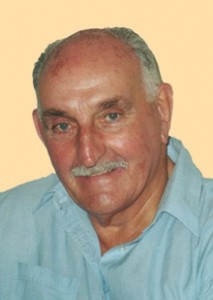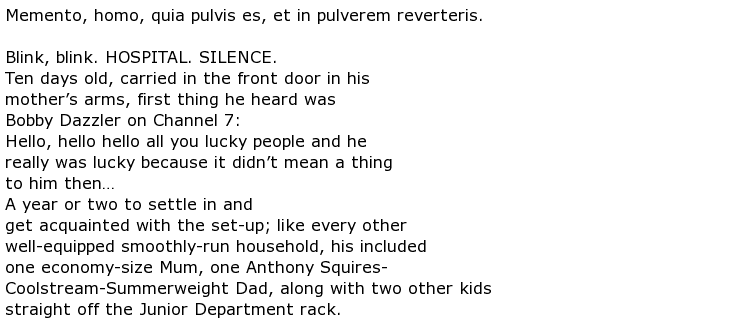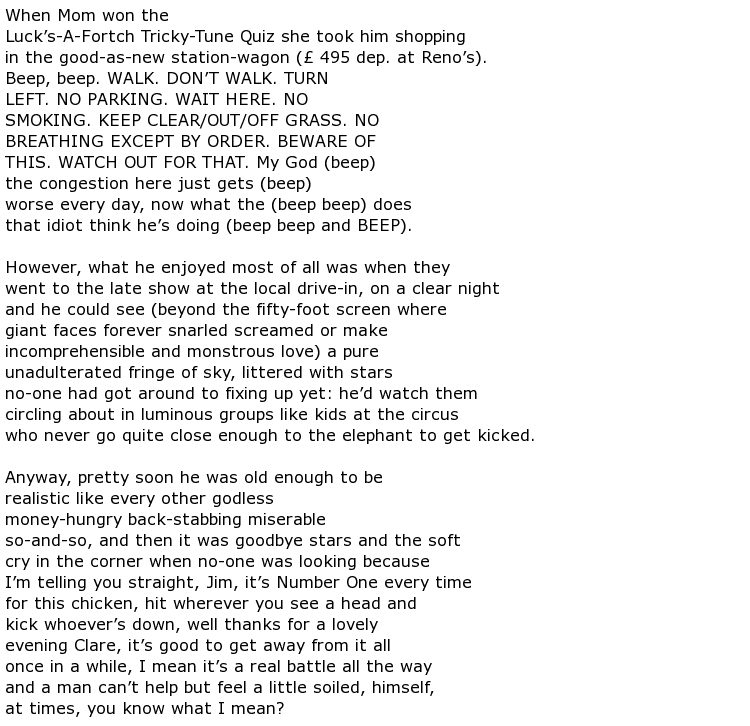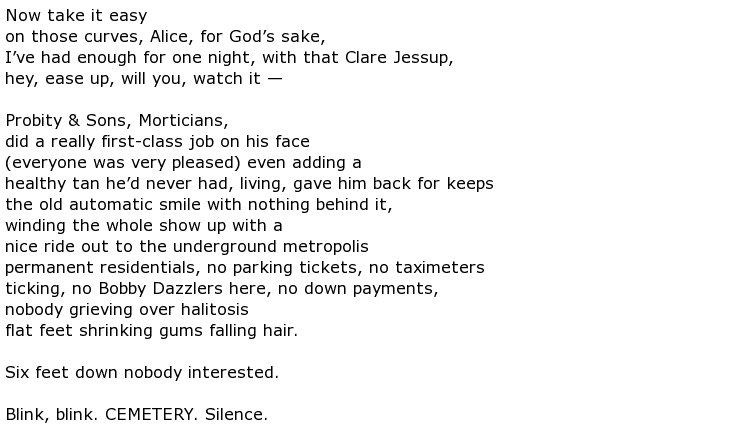 One of Australia’s most respected and influential poets is Donald Bruce Dawe. More commonly known as Bruce Dawe, he was born in the town of Fitzroy in Melbourne, Australia, in 1930. His parents were both from agricultural communities in Victoria. Neither of his parents had the opportunity to complete a traditional education. His brothers and sisters were also unable to complete elementary school.
One of Australia’s most respected and influential poets is Donald Bruce Dawe. More commonly known as Bruce Dawe, he was born in the town of Fitzroy in Melbourne, Australia, in 1930. His parents were both from agricultural communities in Victoria. Neither of his parents had the opportunity to complete a traditional education. His brothers and sisters were also unable to complete elementary school.
Still, his family encouraged Dawe to write poems — his sister often wrote poems with him, and his mother would frequently recite poems which she had learned in her own childhood. He attended several schools during his childhood, but was never able to complete secondary school. He found jobs in a variety of situations, including working at a sawmill, being a farm hand, gardener, mail man (postman), and common laborer. He joined the Royal Australian Air Force where he stayed for nine years. During those early years, he was able to put himself through college, participating in a part-time university program. He worked as an education assistant and served in Malaysia for several months. He later took a position as an English and History teacher at a secondary school. Other opportunities presented themselves and Dawe soon found himself working as an associate professor at the University of Queensland.
Enter Without So Much as Knocking
by Bruce Dawe

Many of his Dawe’s poems appear to be influenced by his difficult early life, having a rather bleak perspective on modern day society’s downfalls and weaknesses. One of his poems, Enter Without So Much as Knocking, is one of his expressive poems that is rather critical of the excessive consumerism in the contemporary world. The poem tells a tale of one person’s life, covering the periods from life until death, taking a decidedly satirical view of the modern day world and its relentless materialism. The opening lines of the poem, given in Latin, indicate that he believes in the old phrase that people came from dust, and when they die, they will return to dust. This seems to be the central theme throughout the poem — essentially that, regardless of the amount of physical possessions one may gain or use, at the end of all things, we will end up the same.

Dawe enjoys using some very descriptive passages, employing onomatopoeia sprinkled throughout the poem. His use of this literary device create are interesting and show his skills at penning creative word play. Dawe refers to the characters in the play using a variety of consumer advertising terms. He really doesn’t describe the people themselves, but rather what they are wearing and what they are doing. He describes the family’s surroundings as being bright and new, shiny and modern, filled with activity and overcrowded with excessive possessions. Dawe seemed to be expressing dissatisfaction with the change he saw in society’s buying and purchasing habits, which were quickly changing. Televisions and other forms of technology were appearing in homes throughout the country, changing how people interacted and how the behaved toward each other.


